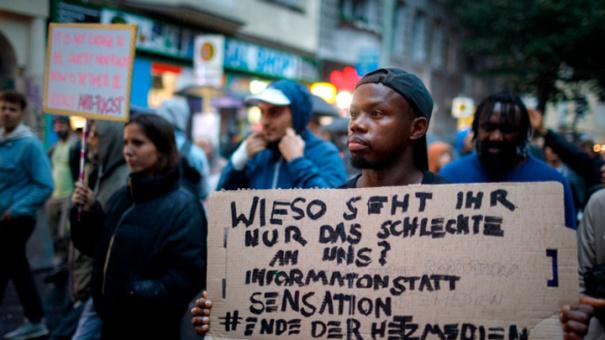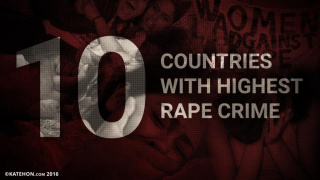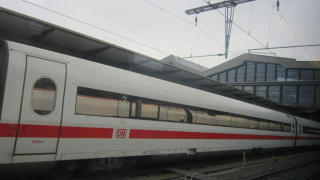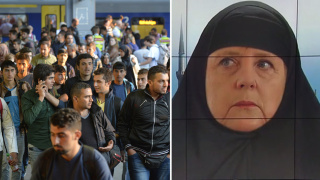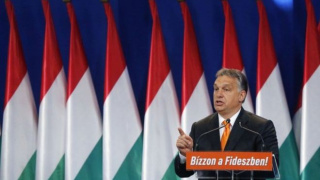Migrants split the government of Germany
Angela Merkel's coalition partner, SPD party leader Andrea Nales criticized the head of the Interior Ministry Horst Seehofer. For the fact that he appointed Hans-Georg Maasen, head of counterintelligence for a higher post, who denied the beating of migrants in Chemnitz
The events in Saxony sparked political turbulence in Germany. His post was lost by the head of the Federal Service for the Protection of the Constitution of Germany (Bundesamt für Verfassungsschutz, counterespionage) Hans-Georg Maasen. Who denied and covered the fact of the beating of migrants by the inhabitants of the eastern city of Chemnitz.
Recall that in late August, Syrian and Iraqi refugees killed a German in the city of Chemnitz. The tragedy caused a wave of outrage among the local residents, who went to many thousands of demonstrations.
Instead of taking tough measures, the authorities and the mainstream media began to protect migrants, those of whom the angry demonstrators began to beat. Those who went to the rallies were christened "neo-Nazis".
When the passions calmed down, and the matter got to an investigation, serious discrepancies were revealed. Under the gun was the head of the German counterintelligence Hans-Georg Maasen. He stated that his department had no evidence that the rightists were pursuing foreigners. In fact, Maasen denied what was known to all Internet users, where video was uploaded with an attack on migrants.
Some experts are sure that incidents involving the beating of migrants were not massive, and some of them were set up by provocateurs. In an interview with Tsargrad, the deputy from the party Alternative for Germany Gunnar Lindemann noted that there were cases when some TV channels paid for shouting Nazi slogans to make the plot brighter.
Let's return to Maasen. So, keeping him in the post threatened a big scandal. It turned out that in this case the German authorities headed by Chancellor Angela Merkel silenced or even encouraged the massacre of refugees, whom they embraced with open arms in 2015. So some German journalists have concluded that Merkel decided to substitute for Maasen's attack. He would not have left, she would have had to leave her.
This political turmoil did not come to an end. Maasena was not thrown out of the establishment. The head of the Ministry of Internal Affairs of Germany, Horst Seehofer, even appointed him to a higher post, state secretary, as his assistant. With this action, Seehofer aroused the wrath of the partners in the ruling coalition. The chairman of the Social Democratic Party of Germany (SPD), Andrea Nales, accused the Minister of the Interior and called the appointment of Maasen unacceptable.
Seehofer is a supporter of tough measures against illegal migration, called for the construction of barrier barriers and the forced deportation of migrants. Incidentally, the former chairman of the Christian Social Union does not share Berlin's position with respect to sanctions against Russia and advocated their abolition.
The scandal surrounding the dismissal of Maasen has not yet led to the collapse of the ruling coalition, but marked serious problems in the government of Germany, where on a principled issue the head of the Interior Ministry and Merkel, as well as the critic of both of them, the head of the second party of the SPD, Nales, are on opposite sides of the barricades.
